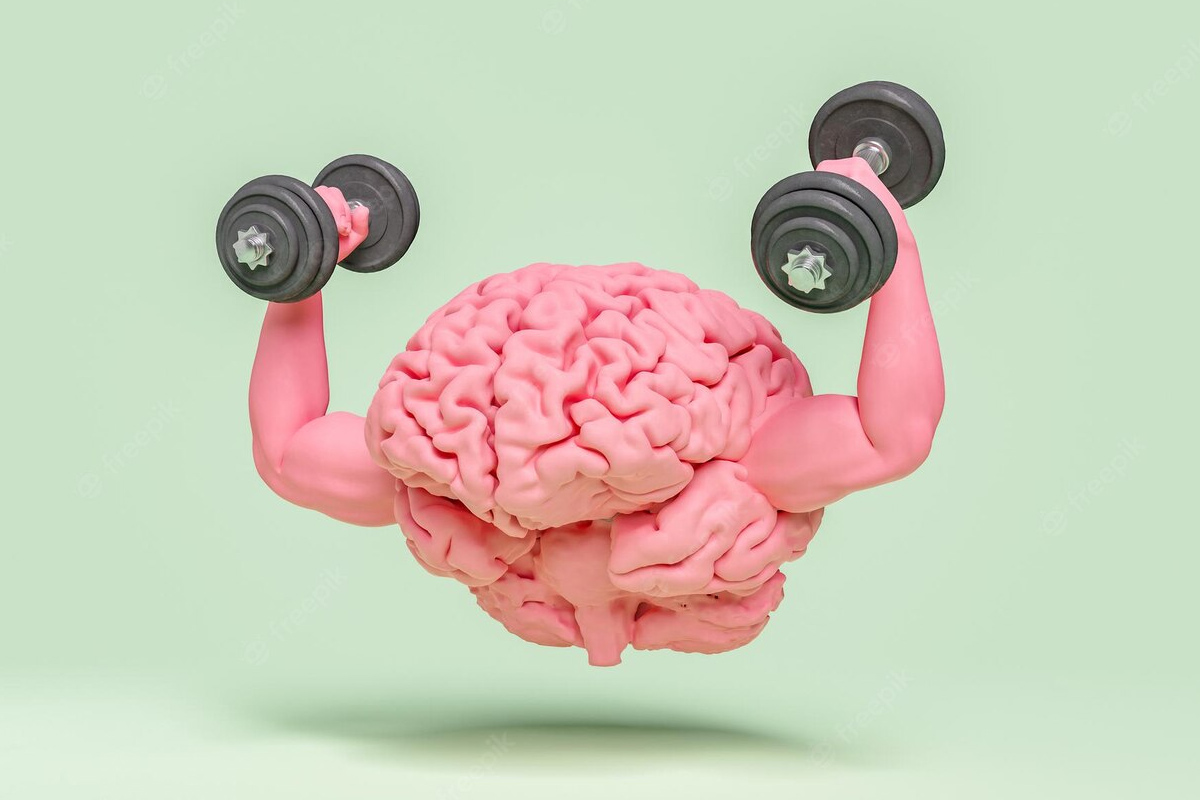Everybody knows that you need to exercise if you want to stay fit, To increase flexibility, develop strength, and maintain balance, we need to challenge our bodies regularly.
Makes sense, right?
That said, not many of us apply the same knowledge when thinking about our brains but it works the same way!
Mental qualities – like problem-solving, memory, focus, and attention span – change over time, for better or worse.
The good news is that brain training exercises can help you increase performance and fend off mental decline as you age.
If you want to boost your brainpower, here are some simple things you can work into your day-to-day life!
1. Break a Strict Routine can help to boost the brain

A routine can help add structure to your life, but emerging brain imaging studies revealed that brain activity decreases for automatic tasks, such as those associated with a routine.
Conversely, novel tasks show increased brain activity in several areas of the cortex. This means, changing up your routine is an easy way to increase your brainpower! Consider waking up earlier and doing something different in that extra time in the morning like physical exercise or meditation.
Another method to add change to your routine is to switch the time of tasks. For example, if you go for a run, study, read, watch TV, socialize, or run errands at a specific time – all the time – you could change the order of these tasks to give your brain a new pattern of thought.
2 – Find a New Path

The routes you take to work, school or home, are probably ingrained into your memory. After you’ve done it so many times, it becomes easy. Well, that ease isn’t firing up your neurons! Instead of driving the same roads, take an unexpected turn. You can use side streets instead of the highway and vice versa.
Another method to change your route is to open your window – if the weather permits and identify the sounds and smells you experience.
Change comes in many forms, and these sensory changes can help you remember new roads. The hippocampus is deeply involved in processing memories and constructing mental maps – and it utilizes associations between sensory information – like sounds, smells, and visuals.
3 – Use Your Non dominant Hand

What hand do you favor when doing basic tasks – like holding your phone, eating with a spoon, turning your keys, or writing on paper?
You probably do all these things with the same hand – unless you’re ambidextrous.
After repeating these standard tasks so many times, your brain goes into autopilot mode, and you don’t need to think much about it. And you guessed it – this lack of conscious thought doesn’t challenge your brain. So, switch things up by using your opposite hand!
You might notice right away that simple tasks require much more thought. If you practice this exercise every day, not only will you gain coordination, you can increase your ability to learn, focus, and engage in conscious thought.
7 – Stop Relying On Tech

Like lists, technology is another tool that makes our lives easier. But if you want to strengthen your brain, you’ll need to make it work harder.
And an easy way to do that is to avoid technology.
Instead of going right to the calculator or the spellchecker, try to solve simple problems on your own.
Consider memorizing your friends’ phone numbers. It will improve your memory – and it could help you in a sticky situation. You can also turn off your GPS and consider looking at a map to find your way. This will improve your innate sense of direction as well.
10 – Write on Paper

In our modern world, we type more than we write. After all, it doesn’t make much sense to draft an email on paper…
But writing on paper can help you ingrain information into your memory, better and faster than typing.
And this can be especially helpful when you’re acquiring new knowledge.
Your brain’s filtering system – the Reticular Activating System or RAS – notices relevant information and helps you actively focus.
Writing with a pen or pencil triggers this filtering system and helps you pay more attention.
9 – Read out loud can help your brain too

Reading is an excellent practice for anyone who wants to stay sharp – but did you know that listening to a story and reading a story engages different brain circuits?
Brain imaging has shown that three distinct brain regions are engaged when a person reads silently, reads aloud, or listens to reading.
Reading aloud to yourself, listening to an audiobook, or listening to a friend read to you can engage your imagination in a new way, giving your brain some much needed stimulation. If you want to engage your brain and strengthen your relationships, you can ask a friend or significant other to take turns with you reading to one another.
If you know any children, they’d probably love that!
You can also listen to audiobooks or read to yourself for some brain engagement and alone time.
What do you think?
Which one of these exercises for warding off the effects of aging and improving your memory?
Will you try?
Share in the comments below!
